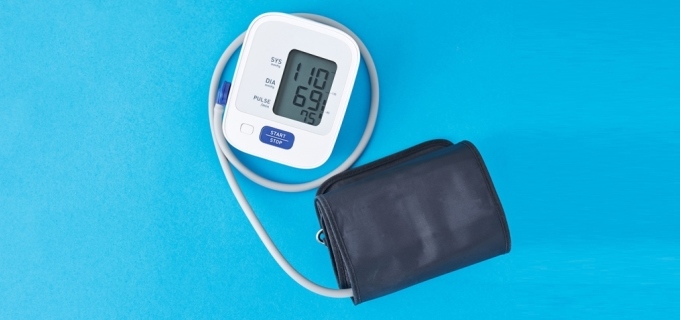Search for a doctor or hospital in your network.


Search for a doctor or hospital in your network.

Get News & Updates Directly To Your Inbox
 High blood pressure, also called hypertension, is a serious health problem that often has no symptoms. Often called "the silent killer" it doesn't always have symptoms. You can have high blood pressure for years and not even know it.
High blood pressure, also called hypertension, is a serious health problem that often has no symptoms. Often called "the silent killer" it doesn't always have symptoms. You can have high blood pressure for years and not even know it.It’s important to know if you do. Left untreated, it can cause serious harm to your heart, kidneys and eyes. People with high blood pressure also have a greater risk of heart disease, heart attack and stroke.
Since high blood pressure usually doesn't cause noticeable symptoms, checking your blood pressure regularly is vital — even when you feel fine.
Whether you have your blood pressure checked at the doctor’s office or take it at home, it’s important to make sure it’s done right. Your care is based on the results. Measuring your blood pressure with care helps ensure accurate result.
Try these tips to get a good reading:
Even if you’re at the doctor’s office, don’t be afraid to speak up if you see your blood pressure isn’t being taken correctly. Ask to have it taken again if the reading is higher or lower than the normal range. Take charge of your health by making sure you get accurate results.
If you want to track of your blood pressure at home, get a home monitor with an arm cuff. Make sure the cuff fits right. Avoid finger and wrist monitors. Take it with you to your annual doctor’s visit to make sure the readings are right. Ask your doctor to watch you use your device to make sure you’re using it correctly.
If you have high blood pressure, talk to your doctor about what changes you can make to keep it under control.
Read Your Blood Pressure Has a Big Impact on Your Health to learn more about blood pressure and why it’s so important to know your numbers and keep them in a safe range.
 American Heart Association, 2023; Monitoring Your Blood Pressure at Home,
American Heart Association, 2023; Monitoring Your Blood Pressure at Home,  American Heart Association, 2023; Monitoring blood pressure at home,
American Heart Association, 2023; Monitoring blood pressure at home,  Harvard Medical School, 2023
Harvard Medical School, 2023Originally published 2/4/2021; Revised 2022, 2024
Blue Cross and Blue Shield of Montana, a Division of Health Care Service Corporation,
a Mutual Legal Reserve Company, an Independent Licensee of the Blue Cross and Blue Shield Association
© Copyright 2026 Health Care Service Corporation. All Rights Reserved.
Verint is an operating division of Verint Americas, Inc., an independent company that provides and hosts an online community platform for blogging and access to social media for Blue Cross and Blue Shield of Montana.
![]() File is in portable document format (PDF). To view this file, you may need to install a PDF reader program. Most PDF readers are a free download. One option is Adobe® Reader® which has a built-in screen reader. Other Adobe accessibility tools and information can be downloaded at https://www.adobe.com/trust/accessibility.html.
File is in portable document format (PDF). To view this file, you may need to install a PDF reader program. Most PDF readers are a free download. One option is Adobe® Reader® which has a built-in screen reader. Other Adobe accessibility tools and information can be downloaded at https://www.adobe.com/trust/accessibility.html. ![]()
![]() You are leaving this website/app ("site"). This new site may be offered by a vendor or an independent third party. The site may also contain non-Medicare related information. Some sites may require you to agree to their terms of use and privacy policy.
You are leaving this website/app ("site"). This new site may be offered by a vendor or an independent third party. The site may also contain non-Medicare related information. Some sites may require you to agree to their terms of use and privacy policy.
Powered by Verint